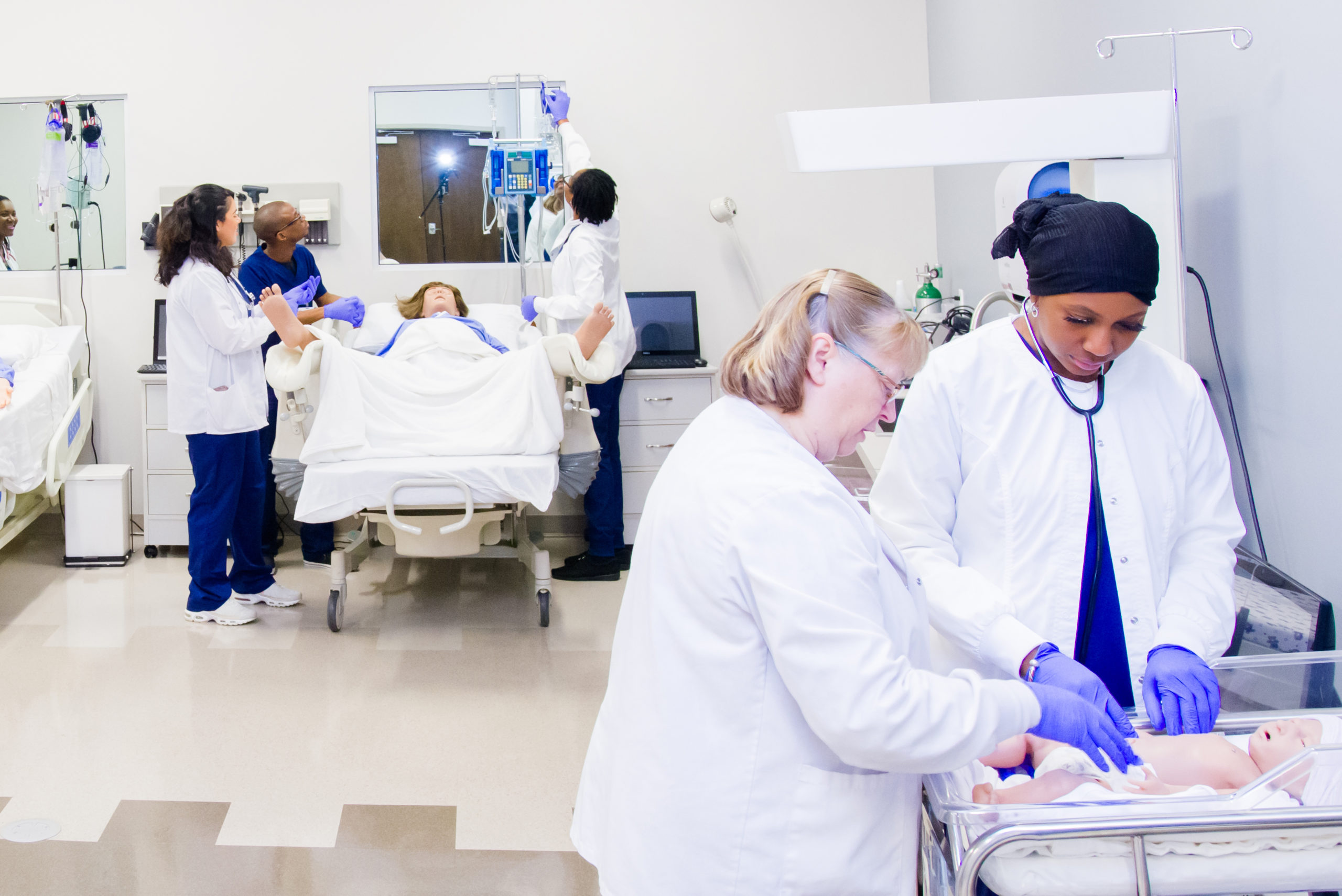Earn an Associate Degree in Nursing at Felbry College
When examining the various paths available to become a registered nurse, it’s easy to become overwhelmed by the wide range of information. One of the most straightforward and cost-effective paths is to earn an Associate Degree in Nursing. Depending on the institution you choose, the cost will vary as well as the quality and ease of coursework. At Felbry College, students are able to choose between two tracks towards an Associate Degree in Nursing, depending on the specific needs of the student.
The first track Felbry provides is for students with no previous experience or training in nursing. These students usually attend for two years, before graduating and continuing the steps to become a registered nurse. The second track Felbry provides is directed towards LPN-RN students, or students with previous practical nursing training or license. These students may already work in the job field, but they want to progress their job and skill level to continue growing. In both tracks, the student earns an Associate of Applied Science in Nursing and is provided with the necessary skills to become a registered nurse.
The National Council Licensure Examination for Registered Nurses
After graduating from Felbry College, students are presented to the Board of Nursing to determine whether or not they can take the National Council Licensure Examination for Registered Nurses, or NCLEX-RN. The NCLEX-RN is the final certification needed to become a registered nurse. Students that pass the NCLEX-RN will be able to start working in health care facilities, providing care for clients and supervising practical nurses, nurse aides, and home care aides. Popular job opportunities for registered nurses include hospitals, nursing homes, or home care agencies.
Learn the Skills Registered Nurses Need
When Felbry College created the Associate Degree in Nursing program, it was intended to provide students and practical nurses with the skills they need to provide excellent healthcare to all patients they encounter. Felbry College maintains the rigor and standards of the program to ensure that every year students are leaving with the best knowledge possible, and the necessary skills to succeed as a registered nurse.
When graduates enter the job field, they will be required to practice within the legal and ethical standards, use logical reasoning and evidence to make supported, safe decisions about clients, and be able to communicate and cooperate with fellow healthcare professionals, clients, and significant support persons. Throughout the Felbry Associate Degree in Nursing program, students will learn how to use and develop these skills, as well as how to manage the emotional stress of becoming a registered nurse. The requirements to study at Felbry College include proof of high school graduation, proof of US residency, a BCI and FBI criminal history check, and at least two character references. Prospective students will also take an entrance test with a predetermined passing score of 60%.
Felbry College is one of the leading schools providing the Associate Degree in Nursing program, and Felbry faculty continue to provide the support, care, and knowledge their students need to succeed as a registered nurse.
Contact the Felbry Admissions Office to begin your application!


